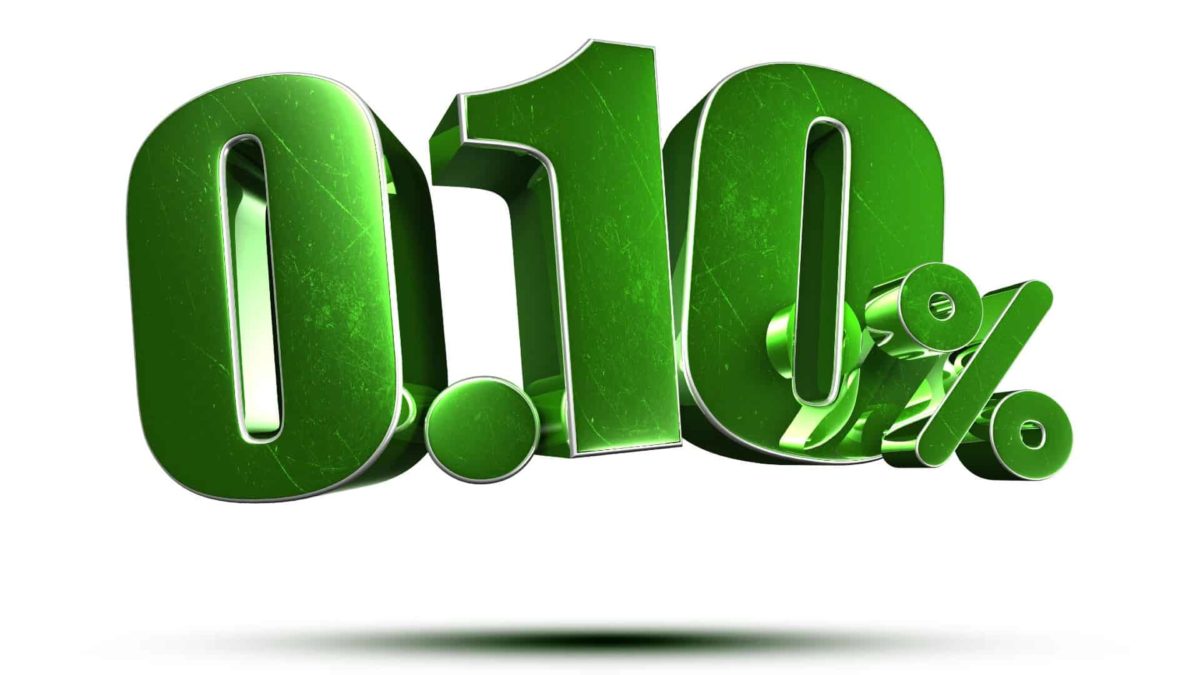As we all know, the coronavirus pandemic has defined 2020. The global economy, chugging along just fine before the pandemic struck, has been hobbled like we haven't seen in many of our lifetimes. Entire industries like airlines, travel, cruises, and tourism have more-or-less shut down at various points this year (an unthinkable occurrence in 2019).
Governments have borrowed and spent an unprecedented level of money, resulting in unparalleled levels of debt and deficits across the world. And while there's been recent news of an array of potentially viable and successful vaccine candidates, we are all still living and working around this virus, some countries more than others. Either way, this is not exactly a recipe for a high share market.
Yet that is not what has eventuated. November is on track to see the ASX have one of its best months in years.
The S&P/ASX 200 Index (ASX: XJO) is up around 11.5% since the start of the month (remember, the ASX 200 normally returns an average far below that number every year).
Over in the United States, the party is even wilder. The flagship US index, the Dow Jones Industrial Average crossed the 30,000 point threshold for the first time in history earlier this week. And that's despite a far more dire situation with the virus over there than what we are lucky enough to be experiencing in Australia.
Low interest rates = high share prices
So how does one explain this situation?
Well, reporting from the Australian Financial Review (AFR) yesterday espouses a theory. The AFR interviewed Andrew McAuley, the chief investment officer at Credit Suisse's private banking arm in Australia. McAuley reckons the ASX 200 is on a historically high forward earnings multiple of 18 (20% higher than the 10-year average), and the MSCI World Index at 21.2x (40% higher than average). This, Mr. McAuley says, is all to do with low interest rates.
McAuley states that low interest rates "are helping to put something of a floor under the Australian sharemarket, and its other counterparts around the world".
He also notes that the quantitative easing (QE) programs the Reserve Bank of Australia (RBA) and other central banks are undertaking are accentuating this situation.
The AFR also quoted Dan Farmer, chief investment officer at IOOF Holdings Ltd (ASX: IFL), who agrees:
Ultra-low rates are fuelling market confidence that we will see a healthy recovery in economic conditions and company earnings post-COVID…We are seeing investors moving up the risk spectrum into shares, which generally attract higher returns, although with greater risk.
The RBA recently cut rates in Australia to another record low of just 0.1%, which it implied will be where rates will stay for at least a few years. If Mr. McAuley and Mr. Farmer are correct, and low rates do stick around, we could see another few years of higher ASX shares yet.









